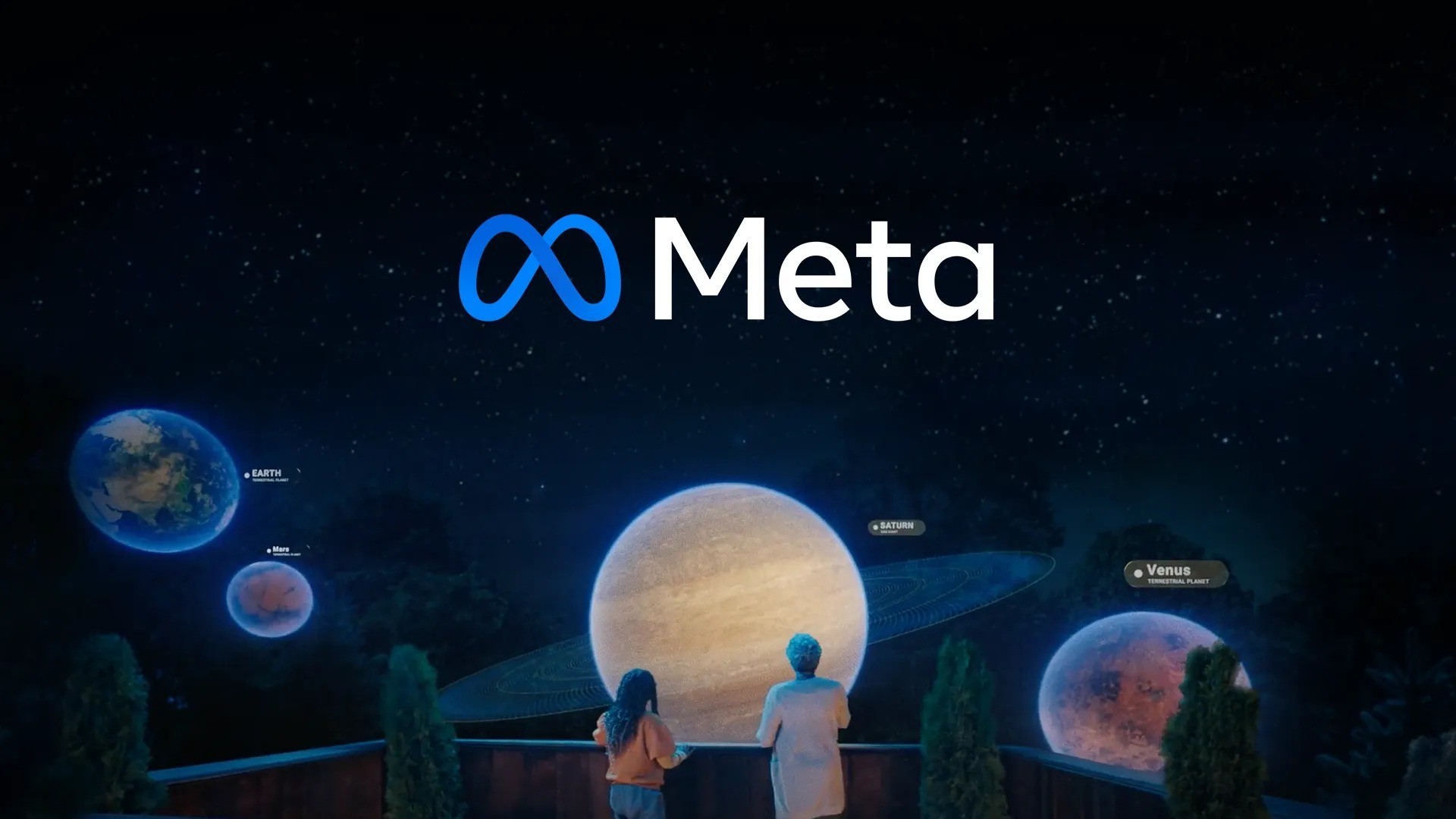Whistleblower: Meta sold ads when teens felt “worthless”

Meta whistleblower Sarah Wynn-Williams told U.S. senators Wednesday the company intentionally targeted advertisements at teenagers based on their emotional state. The former Facebook policy director testified that Meta identified feelings like depression to serve ads when teens felt vulnerable.
Wynn-Williams, author of the book “Careless People,” documented this claim based on her time at the company. Her book critiques what she describes as disregard from executives like Mark Zuckerberg and Sheryl Sandberg regarding the platform’s influence and potential for harm.
Wednesday’s hearing primarily addressed Meta’s dealings with China, but senators revisited concerns about Instagram’s impact on children, following earlier investigations in 2021.
Responding to Sen. Marsha Blackburn (R-TN), Wynn-Williams confirmed Meta, then Facebook, targeted 13- to 17-year-olds experiencing negative emotions.
“It could identify when they were feeling worthless or helpless or like a failure, and [Meta] would take that information and share it with advertisers,” Wynn-Williams stated to the Judiciary Committee’s subcommittee for crime and terrorism. “Advertisers understand that when people don’t feel good about themselves, it’s often a good time to pitch a product — people are more likely to buy something.”
She elaborated that Meta informed advertisers about teens’ depressed states to optimize ad timing. For example, a teen girl deleting a selfie might trigger ads for beauty products, or concerns about body confidence could lead to weight loss ads.
Meta launches new Llama 4 AI models: Scout and Maverick now available in apps
According to Wynn-Williams, Meta recognized that users aged 13-17 were a vulnerable yet “very valuable” group for advertisers, which drove the practice. She recounted a business leader at the company describing teens as the “most valuable segment of the population” for advertisers, suggesting Meta should “be trumpeting it from the rooftops.”
Wynn-Williams mentioned she had previously argued to an executive that the trillion-dollar company did not need to pursue such methods for additional revenue.
Evidence shown during the hearing suggested similar tactics might apply to adults. A screenshot of an internal chat showed a Facebook policy director asking about research into young mothers’ emotional states. Another employee confirmed this, joking about asking “apparently morally bankrupt colleagues” about similar research.
Wynn-Williams also commented on the behavior of Silicon Valley executives regarding their own families’ use of social media.
“I would say, ‘Oh has your teen used the new product we’re about to launch?,’” she recounted. “And they’re like, ‘My teenagers are not allowed on Facebook. I don’t have my teenager on Instagram.’ These executives … they know. They know the harm this product does… The hypocrisy is at every level.”
In a statement, Meta refuted Wynn-Williams’ testimony, describing the allegations as “divorced from reality and riddled with false claims.”
